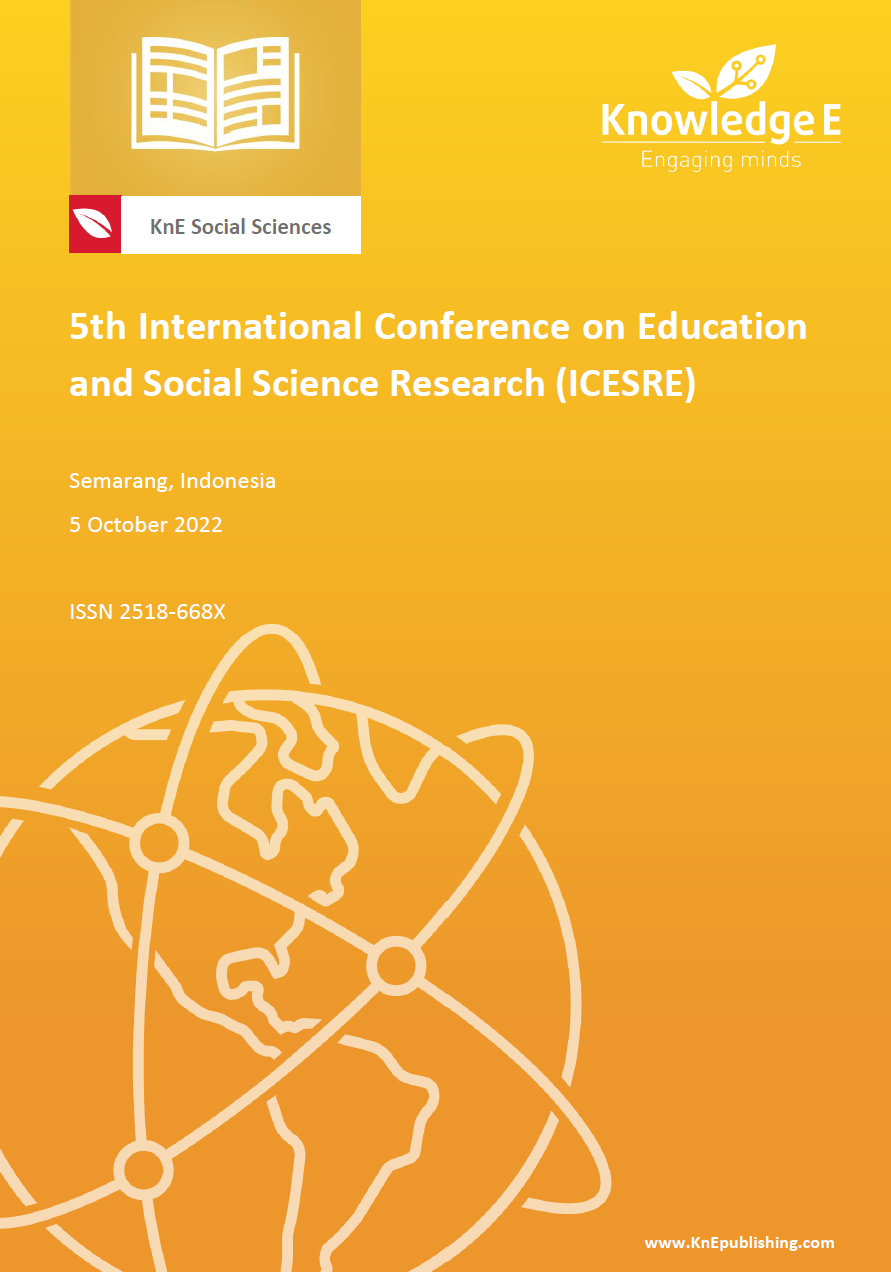The Role of Artificial Intelligence in Children's Education for A Digital Future
DOI:
https://doi.org/10.18502/kss.v7i19.12483Abstract
Society 5.0 is a plan to generate a human-focused society that focuses on economic and social growth in Japan. The idea emerged as an evolution of Industrial Revolution 4.0, which is thought to have the capacity to revolutionize technology. One of the main features of Society 5.0 is the use of artificial intelligence. Artificial intelligence brings many benefits to various fields. One of them is in the field of education. Many studies claim that artificial intelligence can help ease human work and increase knowledge and skills in the field of education. Artificial intelligence has introduced fundamental challenges to education for students, educators and parents. But they are indirectly forced to use AI to learn. This is a solution, as well as a new problem that the education community must immediately adapt. Artificial intelligence has already become a part of education at high schools and colleges. However, at the kindergarten level, it is rarely used. On average, students at this level already have an AI-powered device at home. This study focuses on the role of artificial intelligence at the kindergarten level. This study recommends the importance of AI education at the kindergarten level to instill Artificial Intelligence skills in children from an early age, prepare them for the future of a digitalized world, and improve their computational and problem-solving abilities with artificial intelligence.
Keywords: Artificial intelligence, education, digital future, children, AI literacy
References
[2] Su J, Zhong Y. Artificial intelligence (AI) in early childhood education: Curriculum design and future directions. Computers and Education: Artificial Intelligence. 2022;3.
[3] Williams R, Park HW, Breazeal C. A is for artificial intelligence the impact of artificial intelligence activities on young children’s perceptions of robots. Conference on Human Factors in Computing Systems. 2019;1–11.
[4] Temitayo I, Adewale S, Joseph F, Chiu TKF. Computers and education: Artificial intelligence. The role of learners’ competencies in artificial intelligence education. Computers and Education: Artificial Intelligence. 2022;3:100098.
[5] Yang W. Artificial intelligence education for young children: Why, what, and how in curriculum design and implementation. Computers and Education: Artificial Intelligence. 2022;3:100061.
[6] Ouyang F, Jiao P. Artificial intelligence in education: The three paradigms. Computers and Education: Artificial Intelligence. 2021;2.
[7] Sanusi IT, Olaleye SA, Oyelere SS, Dixon RA. Investigating learners’ competencies for artificial intelligence education in an African K-12 setting. Computers and Education Open. 2022;3:100083.
[8] Su J, Yang W. Artificial intelligence in early childhood education: A scoping review. Computers and Education: Artificial Intelligence. 2022;3:100049.

